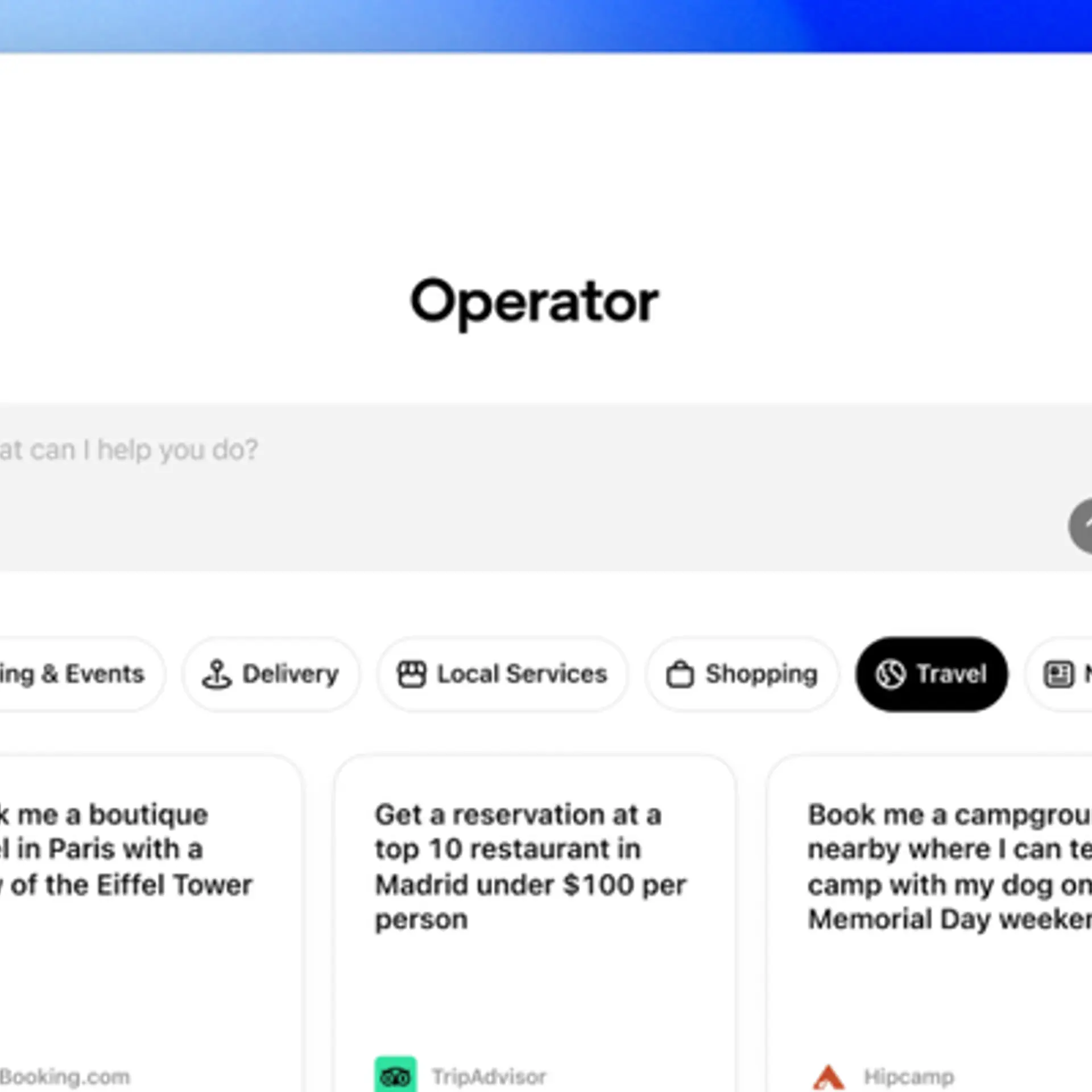Kunal Shah leads the pack in FY22 pre-Series A investments with 58 deals
FY22 was a bumper fiscal year for Indian startups with early-stage funding accounting for 74.1 percent (1,210 deals) of the total deal count, while their value of nearly $4.41 billion accounted for 11.5 percent of the total funding inflow.
FY 2021-22 was a historic fiscal year for the Indian startup ecosystem as a record 54 startups were elevated to the $1 billion-plus valuation club, thus becoming Unicorns of India.
While we laud billion-dollar valuations, and celebrate startups becoming soonicorns and decacorns, a significant chunk of the investment inflow in the fiscal gone by came from undisclosed and Pre-Series A deals, according to YourStory Research data.
Interestingly, early-stage funding, like always, accounted for 74.1 percent (1,210 deals) of the total deal count while their value of nearly $4.41 billion accounted for 11.5 percent of the total deal value in FY 2022.
The good news is that FY2022 saw nearly 40 percent growth in funding, compared to $3.16 billion across 1,399 deals in FY21 – which suggests that the last fiscal saw a 15.6 percent dip in the number of early-stage deals, which were 189 less than that of the previous fiscal.
Kunal Shah leading the roost
What is interesting is that among angel investors, Founder Kunal Shah led the pack with most investments in FY2022. He made 58 deals of a total of 814 Pre-Series A deals – accounting for 7.14 percent of the overall number of Pre-Series A deals.
Out of the total 1,633 deals in FY2022, 814 Pre-Series A deals accounted for 49.85 percent of the number of deals, valuing over $1.1 billion (2.89 percent of the total value). Similarly, 175 Series A deals worth close to $2.33 billion (6.08 percent), accounted for 10.72 percent of the total number of deals in FY 2022.
The last fiscal saw a healthy mix of venture capital funds and angels participating actively in early-stage deals. Apart from Kunal Shah, Inflection Point Ventures and Venture Catalysts made 39 deals each, accounting for 4.79 percent each of the total Pre-Series A deals.
Lets Venture and 9Unicorns made 36 deals each (4.42 percent each), Titan Capital made over 35 deals (4.30 percent), Better Capital invested through 30 deals (3.69 percent), Indian Angel Network made 23 deals (2.83 percent), Y Combinator made 21 deals amounting to 2.58 percent, Sequoia Capital India made 20 deals (2.46 percent), First Cheque made 20 deals (2.46 percent), Livspace Co-founder Ramakant Sharma made 19 deals (2.33 percent), and Mumbai Angels and Shaadi.com Founder Anupam Mittal invested in 17 deals each (2.09 percent each).
Sector push
In step with the overall funding in FY2022, the sectors that stood out among Pre-Series A deals were fintech, amounting to $239.49 million – which was 21.61 percent of the overall deal value. This was followed by edtech accounting for 9.81 percent, healthtech accounting for 6.63 percent, D2C brands accounting for 6.32 percent, and SaaS accounting for 6.06 percent of the $1.1 billion total Pre-Series A funding.
While there may be talks of correction in the public markets and an impending slowdown in investment inflow due to global geopolitics, early-stage deals will continue to be resilient. As GV Ravishankar, Managing Director, Sequoia Capital India said in an earlier conversation with YourStory,
“The corrections that are happening in the public markets started affecting how late-stage investors think about financing. The change will start with the public markets, and will later start showing in the newer IPOs that will be priced more moderately than they were last year and then it will start showing up in late-stage growth rounds over a period of time, and if that sustains, it will show in the early stages. The early-stage market is probably usually the most resilient with enough capital.”
Edited by Kanishk Singh









